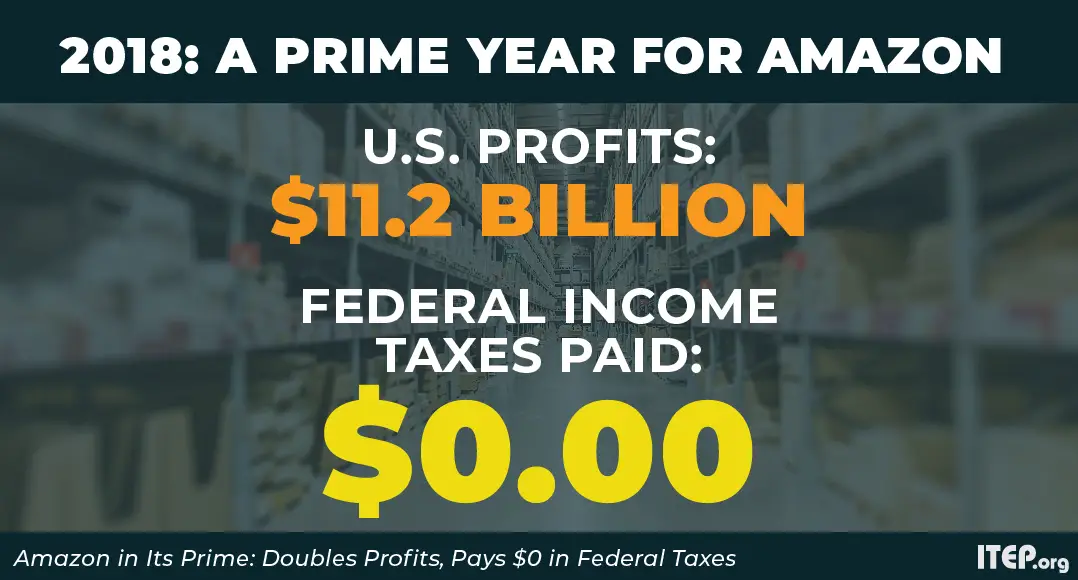Difference Between Equity and Equality
Equity is a system to resolve unfairness in the system of equality. While everyone, regardless of race, sexuality, or family background, is considered to have equal rights and receive the same resources, in reality, our races, sexes, and family names bring us unfair privilege.
Therefore, instead of funding every public school the same amount of money to purchase computers, the government will fund more for a rural or lower-income area to allow the schools to buy more computers, available for students who don’t have computers at home to finish their assignments after class at school.
If equality is a basic social rule of standard, equity is a humanized rule of civilizing ethics. It not only improves economic development but also harmonizes human relationships. To offer a more practical example, compensating pregnant female employees is a significant definition of equity, which interprets the essence of true equality.
Here is a picture to clearly show the difference between equity and equality.
Why Mentions Amazon?
It’s widely known that a senior executive working in a technology company pays double or more taxes than Jeff Bezos. It might sound unbelievable, but there are tons of legal reasons to stand for the top 1% of rich people. According to Forbes, what Amazon contributes to society while making billions is deemed enough to justify not paying corporate taxes.
- Amazon’s high payrolls of employees contribute to tax revenues.
- The development of Amazon stimulates economic activity.
- Amazon invests heavily in technological research and development.
- Cities benefit from Amazon’s investments in real estate and job opportunities.
Overall, Amazon’s operation is pivotal in creating more incentives for entrepreneurial businesses and boosting the country’s economy.
But Amazon is also hugely subsidized on investing in any business and development.
Reverse Equity to Amazon
However, I wonder if we know how to properly attribute resources to people with naturally inferior abilities or conditions and enable all individuals to start from a similar beginning to compete on equal footing. Shouldn’t we consider the opposite approach, where giant corporations need to pay more cooperative taxes due to their advantage in acquiring nearly all resources?
Let’s set aside the statement about Amazon paying higher salaries to its employees. (In 2022, the average annual pay in the United States was $78,465. As of April 1, 2024, the average annual pay for an Amazon Employee in the United States is $74,619.)
The subsidies Amazon receives for investing in the development of the country’s economy — over $6.7 Billion and Counting! State and local businesses provide substantial subsidies to Amazon for properties, data centers, and production. Moreover, how often are Amazon’s economic proposals, requesting governmental funding, turned down by politicians?
With the fusion of Whole Foods markets, Amazon has become an all-in-one business and the most powerful magnet for money.
Conclusion
Equity allows every person to have the same opportunity to compete against inequality, but it is ironic to compensate the ultra-rich in the name of contributing to the economy. It is upsetting to see that one corporation is fed with unlimited power and resources to define its equality in society.
There is still a long debate on the execution of equity; however, reducing the control of authoritarian corporations gives every corporation a chance to compete equally, and makes the middle class come back and thrive.
As the first picture above compares the difference between equity and equality, if the wooden boxes are high enough for everyone to judge a game, why do we create stairs to reach heaven, where we might directly ask for the result from God before the game finishes?
